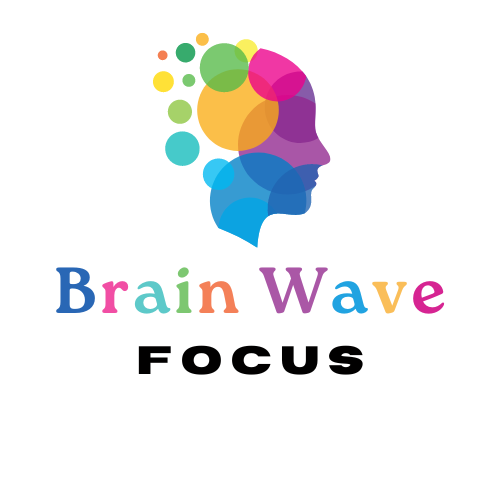ADHD can present unique challenges in romantic relationships, but with the right mindset and strategies, you can navigate love with confidence. Understanding your own needs and those of your partner is key to building a healthy, supportive connection.
Understanding ADHD in Relationships
ADHD affects the way people process emotions, manage time, and communicate. It can lead to misunderstandings, forgotten commitments, and impulsive actions. However, when partners take the time to understand how ADHD manifests in daily life, they can build stronger, more resilient relationships.
Communication is Key
Open and honest communication helps bridge the gap between different perspectives. Expressing your thoughts clearly and setting expectations can minimize frustration. Instead of assuming your partner understands your challenges, take the time to share your experiences and listen to theirs.
Managing Emotional Sensitivity
Many individuals with ADHD experience heightened emotional reactions. This can lead to overreactions during conflicts or intense feelings of rejection. Recognizing these patterns and discussing them with your partner can foster a more understanding and patient environment.
Strengthening Your Connection
Spontaneity and creativity often thrive in ADHD relationships, making them exciting and dynamic. Embrace these strengths by planning fun activities, engaging in deep conversations, and appreciating each other’s unique qualities. Finding ways to nurture your connection helps reinforce trust and emotional intimacy.
Building Healthy Routines
Structure can provide stability in relationships. Establishing routines for daily interactions, shared responsibilities, and quality time together can prevent misunderstandings. Simple practices like setting reminders, keeping a shared calendar, or designating check-in moments can enhance your relationship.
Overcoming Challenges Together
Every relationship faces obstacles, and ADHD brings its own set of hurdles. Instead of seeing these as insurmountable problems, view them as opportunities for growth. Approach challenges as a team, offer support when needed, and remain patient with each other.
Seeking Professional Support
Therapy or coaching can be valuable for couples navigating ADHD dynamics. A professional can provide tailored strategies, improve communication skills, and offer guidance on managing symptoms effectively. Seeking support is a proactive step towards a healthier, more fulfilling relationship.
Embracing Love with Confidence
ADHD does not define your ability to have a strong, loving relationship. By understanding your own needs, fostering communication, and working together as a team, you can build a partnership filled with trust, passion, and resilience. Confidence in your relationship comes from knowing that love is not about perfection but about understanding and growth.


